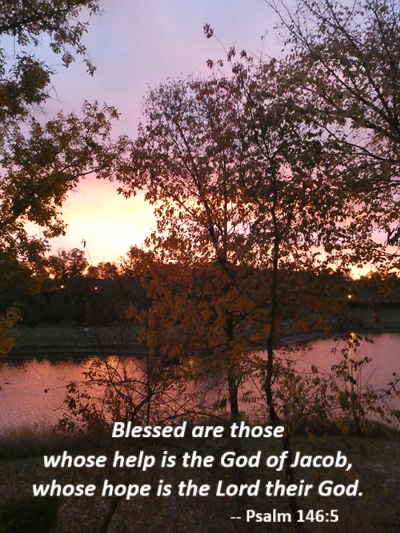
Wisdom Psalms
Wisdom Psalms are Psalms that remind the reader and the writer that it's worth it to follow God.
You might balk at the idea of writing your own Wisdom psalm, since who would claim to be wise? That's why when I'm writing one of these psalms, I like to call them Pep Talk psalms. Because when I write one, I remind myself what I firmly believe - that God's way is worth it - at least in the long run.
These are the Psalms I'm categorizing as Wisdom Psalms: Psalms 1, 14, 15, 24, 34, 36, 37, 39, 49, 50, 52, 53, 58, 73, 75, 76, 82, 84, 90, 94, 101, 111, 112, 115, 119, 120, 127, 133, 144, and 146
I've found five Key Concepts in the Wisdom Psalms, and including these helps me write my own.
Wisdom Psalms, from the very first verse of Psalm 1, like to tell you that those who follow God are blessed.
Wisdom Psalms urge you to learn from God and God's Word. Psalm 119, the longest chapter in the Bible, is all about the beauty of God's Word for principles of living. The wise person meditates on God's law day and night.
Again and again, the Wisdom Psalms tell you that your way of life has consequences. The righteous person is like a tree planted by rivers of water, but the wicked are like chaff that the wind blows away.
"The Lord watches over the way of the righteous." Wisdom Psalms remind us that God sees us and what we do.
Wisdom Psalms put things in perspective with the long view. Individual humans are like grass, here for a moment. And though the wicked may seem to prosper, it's not going to last.
Now you try! Read some Wisdom Psalms, then try to put some of these concepts into your own psalm. Use parallelism to make it feel like a psalm.
Here are my examples of Wisdom psalms on my Sonderjourneys blog. Please post your examples in the comments!
